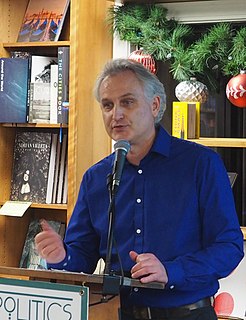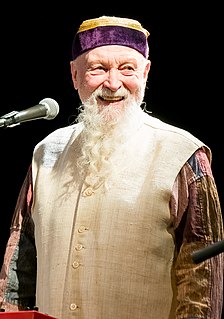A Quote by Chuck Palahniuk
What we call chaos is just patterns we haven’t recognized. What we call random is just patterns we can't decipher.
Related Quotes
There are only patterns, patterns on top of patterns, patterns that affect other patterns. Patterns hidden by patterns. Patterns within patterns. If you watch close, history does nothing but repeat itself. What we call chaos is just patterns we haven't recognized. What we call random is just patterns we can't decipher. what we can't understand we call nonsense. What we can't read we call gibberish. There is no free will. There are no variables.
Mental patterns do not originate out of inorganic nature. They originate out of society, which originates out of inorganic nature. And, as anthropologists know so well, what a mind thinks is as dominated by biological patterns as social patterns are dominated by biological patterns and as biological patterns are dominated by inorganic patterns. There is no direct scientific connection between mind and matter. As the atomic scientist, Niels Bohr, said, "We are suspended in language." Our intellectual description of nature is always culturally derived.
If I have the same plan to go into the streets, find random strangers, use art-historical referent from their - from the specific location, to use decorative patterns from this location, that's a rule. That's a set of patterns that you can apply to all societies. But what gives rise or what comes out of each experiment is so radically different.




































